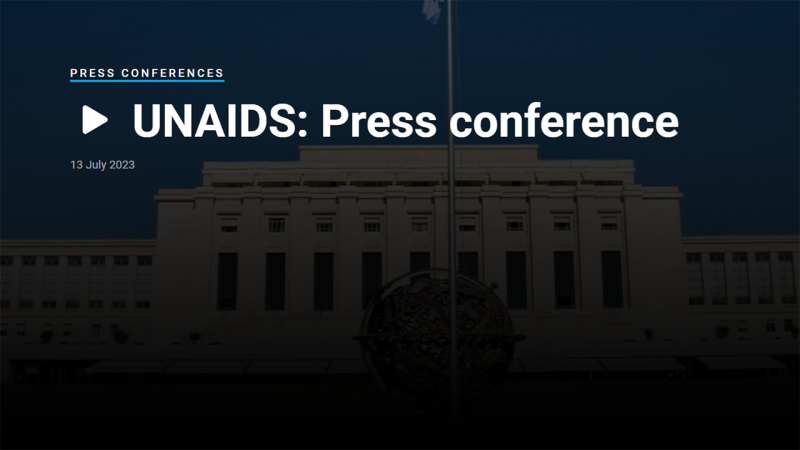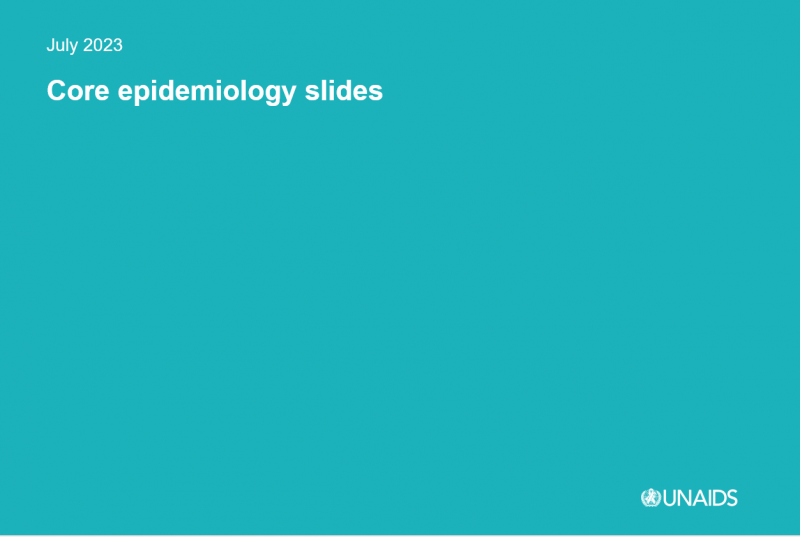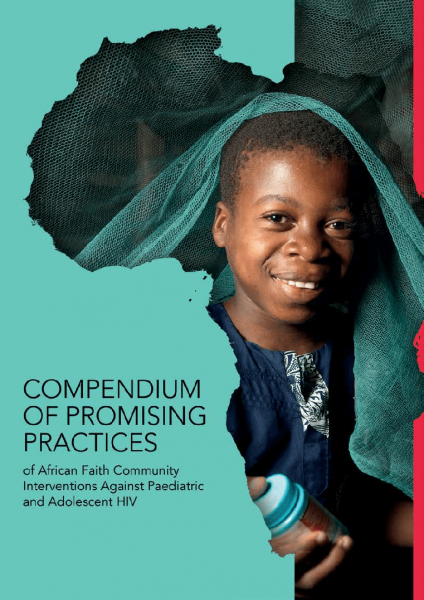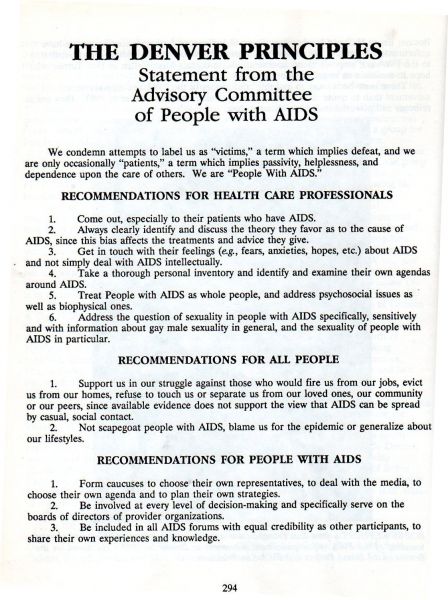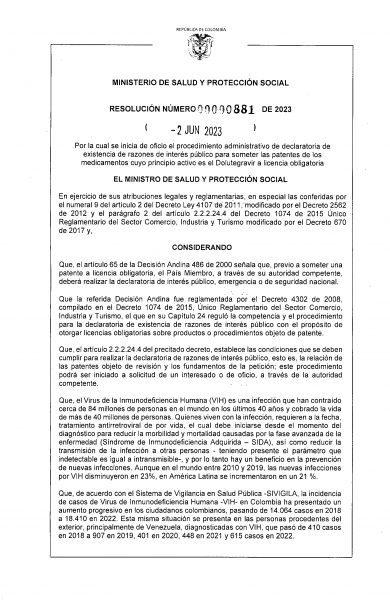Text based on A Brief History of the Self-Empowerment Movement by Sean Strub, former Executive Director, The Sero Project
Forty years ago, visionary activists developed the Denver Principles manifesto, which shaped the active involvement of people living with HIV in the AIDS response. This was a historic first step towards the Greater Involvement of People with HIV (GIPA) principle, which promotes the meaningful participation of people living with HIV in decision-making, not as passive subjects but as protagonists fully involved in the response to AIDS.
This manifesto, written in June 1983, launched the self-empowerment movement for people living with HIV. As Sean Strub, former Executive Director of The Sero Project, writes, The Denver Principles document is historic in its assertion that those who have HIV have a fundamental and inalienable right to participate in decision-making that significantly impacts their lives and survival.” In language that has inspired people living with HIV over the last forty years, the manifesto asserts:
“We condemn attempts to label us as ‘victims,’ a term which implies defeat, and we are only occasionally ‘patients,’ a term which implies passivity, helplessness, and dependence upon the care of others.”
The Denver Principles outlined rights and responsibilities for people living with HIV and provided recommendations to healthcare professionals, family, and friends.
Today, our world has undergone important changes. Despite progress made in many areas of the AIDS response, stigma, discrimination and pervasive inequalities continue to harm the lives of millions of people living with and affected by HIV. So, have the Denver principles had an impact on the lives of the populations most affected by HIV over the last 40 years? Will the new challenges of our time demand a review and an update of the GIPA Principle? This is what leading HIV activists and UNAIDS have to say about it:
Erika Castellanos, Executive Director, Global Action for Trans Equality (GATE)
"The Denver Principles were the foundation of the GIPA Policy, which placed us, people living with HIV, at the center of the response. It gave us a voice; it gave us a seat at the table. Today, it is no longer enough; it is time to evolve from having a seat at the table to being the leaders of the table, the leaders in the HIV response."
Alex Garner, Director of Community Engagement, MPact Global
The Denver Principles were a watershed moment in the movement for the rights of people living with HIV. It’s been 40 years and the world, our communities, and the epidemic have fundamentally changed. A clear understanding of the intersectional issues that people living with HIV (PLHIV) face is essential for protecting and defending our rights. Key populations have been the most disproportionately impacted by this disease and an evolution of the Denver Principles needs to integrate the challenges faced by our communities and the structural homophobia and transphobia that have sustained this 42-year pandemic. PLHIV have a fundamental right to pursue a fulfilling sexuality and have control over their own bodies. An update of the Denver Principles requires advancing the audacity of a sexuality of people living with HIV, regardless of their viral load.
Rodrigo Olin, Board Co-chair, GNP+
Forty years on from this declaration, people living with HIV are still continuously treated and addressed as patients; passive entities who have no say about our treatments and the effects on our bodies – as though we are passive agents. People around the world are still diagnosed late, even in developed countries where tools to prevent and treat HIV are available. Challenges remain to effectively embrace and apply the GIPA principles in co-designing community interventions and HIV-care frameworks alongside physicians and researchers. HIV research at all levels requires the involvement of people living with HIV to continue moving forward the quality of life of people living with HIV, wherever they are in the world.
Joyce Ouma, Advocacy and Campaigns Officer, Y+ GLobal
I just learned of the Denver principles, and I am glad I did as through my advocacy journey, I have constantly been told by the seasoned advocates that I and other young people are lucky to be living with HIV now, now that there is minimal stigma, now that HIV has been differentiated, and now that we have access to antiretroviral treatment. This made me reflect on the journey that PLHIV have taken to belong.
The Denver principles are the cradle of the meaningful engagement of people living with HIV in all our diversity. As young people living with HIV, we have built upon the GIPA principles to advance our call for the ethical and meaningful engagement of young people in key decision-making spaces to ensure that the mistakes of the past are not repeated now. We now have people living with HIV clustered into networks to structure our engagement in key platforms. The Denver principles are still as relevant to us now as they were in 1983, and while we have a lot of milestones to celebrate 4 decades later, we are still lagging on the meaningful engagement of young people living with HIV.
The principles need to be revisited to reflect the modern challenges faced by populations living with HIV. Populations of young PLHIV and LGBTIQ are still blamed for the rising incidence rates despite us playing our role to maintain viral loads below detectable levels. Imagine being queer and living with HIV. We all still need to live with dignity.
Midnight Poonkasetwattana, Executive Director, APCOM Foundation
The adoption of the Denver Principles in the Asia Pacific region has been uneven. In our region, HIV prevalence is over five times higher for gay men and other men who have sex with men, transgender persons, and people who inject drugs. We did not reach the 2020 targets and sadly most countries and communities are not yet on-track to end AIDS by 2030.
Political leadership is needed to ensure that key populations and people living with HIV are part of the solutions and to ensure increased funding to adequately support key population-led and community-led organizations, networks, and services.
Sean Strub, Mayor of Milford, Pennsylvania, and Former Executive Director, The Sero Project
The Denver Principles impact goes far beyond the HIV epidemic, as the document has inspired people with various life-threatening or stigmatizing conditions around the world to assert their voices in the decision and policy-making that so profoundly affects their lives. Its fundamental message will not change, even as the document may be modified to reflect today's HIV epidemic and/or be made more broadly inclusive of other conditions. Integration of the Denver Principles ideals into healthcare, policy development and service delivery over the past 40 years has been remarkable, yet it is just the beginning. Change is slow and any paradigm shift as radical as that envisioned by the Denver Principles will meet resistance. But there is no stopping the movement that begun in that hotel room in Denver in 1983.
Vanessa Johnson, Co-Executive Director, RIBBON
We honor the courageous efforts of a group of men living with HIV who gave voice to a community of people who, in the early days of the AIDS epidemic, at times, were too fragile, too fearful, or were rendered invisible due to stigma, discrimination, and other systematic challenges.
Like most foundational or governing documents, the Denver Principles are applicable regardless of who is in leadership. Over the 40 years, we have witnessed a transition in national leadership in the United States from white gay men living with HIV to leadership that has grown more racially and ethnically diverse and inclusive of African Americans/Black, Latinx, Asian, Native American, etc., as well as sexual identities, sexual orientation, cultural expressions, and experiences, and with varying levels of accessibility.
Linda Scruggs, Co-Executive Director, RIBBON
As we celebrate the momentous 40th anniversary of the Denver Principles, we pay homage to a transformative document that has left an indelible mark on the AIDS response. Today, we stand on the shoulders of those courageous individuals who, in the face of adversity, gave voice to a community silenced by stigma, fear, and discrimination.
These principles have inspired countless individuals, empowering them to assert their rights and demand inclusion in decision-making processes that shape their lives. We must recognize that the journey toward achieving the vision of the Denver Principles is far from over. It is our collective responsibility to ensure that their voices are not only heard but amplified, as we strive for a more just and inclusive society.
In commemorating this milestone, we stand united in our commitment to uphold the principles' fundamental message: that every person, regardless of their background, deserves respect, dignity, and equal access to comprehensive care. The Denver Principles have become a cornerstone of our fight against stigma, discrimination, and structural inequalities, igniting a movement that refuses to be silenced.
Yvette Raphael, Executive Director, Advocates for the prevention of HIV
As we reflect on the past 40 years, we acknowledge the progress made and the lives touched by the principles' profound impact. Yet, we must also acknowledge the work that lies ahead. Change, especially transformative change, takes time and unwavering dedication. But together, as activists, advocates, and leaders, we have the power to shape a future where the Denver Principles become a reality for all. People living with HIV globally have benefitted from this vision of those who came before us. It is through their vision that we are able to live full and productive lives and we must never forget that. We are able to engage meaningfully in the response because of this declaration. Over the years women living with HIV become leaders in fighting for HIV prevention because of the Denver declaration showed us it could be done.
We are at a pivotal point in the fight against HIV. Our daughters, our children may face the same challenges as us. The focus now has to be on the prevention of HIV infection. We need to build on the GIPA principles to include the prevention of new HIV infections among adolescent girls and young women.
Why has the recognition and adoption of these principles been so uneven in the world? Because some countries still criminalize and stigmatize those living with HIV with impunity.
Immaculate Owomugisha, ICW Global
The Denver Principles are foundational to our human right to participate in the decision making that impacts our lives. GIPA has created opportunities for vibrant and meaningful engagement of communities of people living with HIV that have propelled the HIV response, however, persistent misogyny, intersectional stigma and discrimination continue to result in harmful tokenization of women living with HIV and spur lack of sufficient investments in networks of people living with HIV, particularly women’s networks around the world.
Neil McCulloch, Senior Policy Officer, Global Network of Sex Work Projects (NSWP)
Forty years on, little has shifted for sex workers and other key populations, who remain disproportionately impacted by HIV and accounting for over 70% of all new infections globally. The criminalisation of sex work, HIV status, drug use, same-sex sexual activity, and diverse gender identities, as well as persistent violence, stigma and discrimination, prevents the true meaningful involvement envisioned in the Denver Principles. With anti-rights narratives and regressive laws on the rise again, and increasingly shrinking funding available, we must re-double our efforts to remove these structural and societal barriers and ensure we prioritise key population-led activities, in order to realise the GIPA principles and truly move the dial in the HIV response.
Aditia Taslim, Advocacy Officer, International Network of People Who Use Drugs (INPUD)
“The HIV self-empowerment movement, catalyzed by the Denver Principles manifesto, has been important in galvanising the drug user movement. Although drug user activism has existed for decades, the Vancouver Declaration (2006) titled “Why the World Needs an International Network of Activists who Use Drugs,” not only served as the birth of International Network of People who Use Drugs (INPUD) but also, underlined the roots of all other harms and violations that people who use drugs experience—which are criminalisation, and the repressive and oppressive laws and policies that are fueled by prohibition, moralism, stereotypes and lies. The HIV crisis has provided legitimacy as well as resources for people who use drugs through provision of harm reduction services. Despite its success in bringing down number of new HIV infections in some regions, harm reduction has mostly become co-opted by a medicalised and pathologising approach, removing the rights to make choices regarding own bodies and lives. Only by dismantling prohibition, we will have a society that respects, protects, and promotes the right to self-determination over one’s body, decision and consciousness of people who use drugs.”
Christine Stegling, UNAIDS Deputy Executive Director, Policy, Advocacy and Knowledge.
“The Denver Principles continue to serve as a powerful reminder of the importance of the greater and meaningful participation by people living with HIV in shaping the policies and programs that affect their lives. As we commemorate the 40th anniversary of this groundbreaking document, UNAIDS remains committed to following this leadership, and continuing to put the voices and experiences of people living with HIV at the center of our efforts to end the epidemic.”




